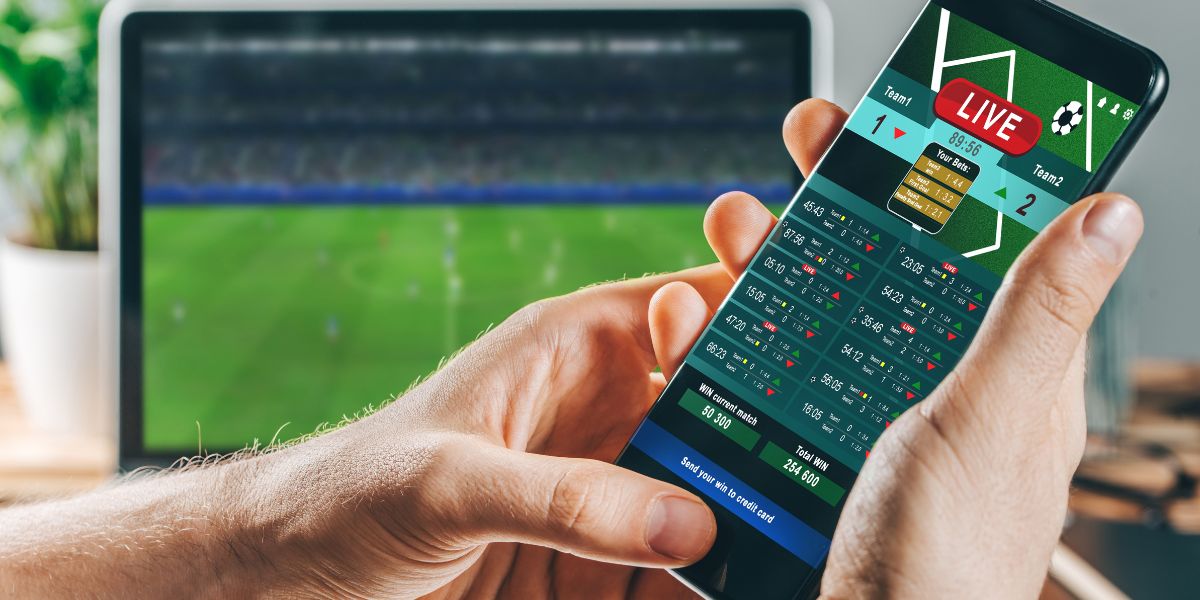How the Growth of the Gambling Industry Benefits Sports

In recent times, major sports leagues have cultivated close ties with sports betting companies. Sportsbooks shell out substantial sums to acquire advertising rights from leagues and teams. For an emerging sportsbook, sponsoring a major league team can be transformative. It's the kind of exposure that can elevate a startup to a billion-dollar entity in just a few years.
While some might argue that sports don't require the backing of the gambling industry, the reality is quite the opposite. Here, we'll delve into how the rise of iGaming is positively impacting the sports industry.
Boosting Visibility for Emerging Sports
Online gambling boasts a user base of over 2.5 billion, which is close to a third of the global population. Many of these individuals are introduced to certain sports through online betting, which isn't necessarily detrimental.
Consider eSports: one of the world's rapidly growing sports sectors, boasting approximately 400 million fans and generating over $1 billion annually. While several sportsbooks offer odds on eSports, not everyone is familiar with the genre. Many betting platforms contribute to the growth of eSports by featuring it prominently, offering special bonuses for eSports bets. This approach has prompted individuals who previously showed little interest in video gaming to take notice of the eSports scene.
Beyond eSports, sports like Mixed Martial Arts, tennis, and rugby have seen growth since becoming popular betting attractions. A significant portion of sports enthusiasts predominantly tune into games with betting prospects in mind. Such fans are open to exploring new sports as long as they can bet on them.
Lucrative Sponsorship Deals
To be candid, one of the primary avenues through which legal gambling aids sports is via multi-million-dollar sponsorship agreements. Gambling enterprises consistently display a willingness to invest heavily in affiliations with top-tier sports leagues and teams.
For instance, in 2021, the NFL inked a five-year sponsorship contract with DraftKings, FanDuel, and Caesars worth close to $1 billion. Both the NBA and MLB have brokered similar deals with premier gambling corporations.
In Europe, especially in the English Premier League, gambling sponsorships are widespread. Nearly half of the league's 20 teams have affiliations with betting companies. Some sportsbooks invest up to $10 million annually to sponsor high-profile teams.
Many teams, especially those with smaller fan bases, have witnessed considerable growth via gambling sponsorships. With limited revenue from ticket sales, these sponsorships offer an avenue to secure quality players and coaches, enhance facilities, and market their brand to a broader audience.
Creating a Trustworthy Betting Environment for Fans
Most sports bettors are genuine sports enthusiasts. Committing time and funds to betting is indicative of a genuine passion for sports.
To establish trust among such fans, contemporary betting platforms adopt various strategies. Some align with renowned sports teams, while others offer incentives like free bets or casino spins. Go here to check out some of the best paying online casinos, many of which offer welcome bonuses. Additionally, these platforms prioritize compliance with security, data protection, and advertising regulations to obtain licensing that underscores their legitimacy.
In the U.S., 33 states, along with D.C., have legalized sports betting. States like New Jersey, Pennsylvania, Michigan, and Delaware also allow online casino games.
Enhanced Fan Engagement
Recent research indicates heightened fan engagement with sports teams in the U.S. following gambling legalization. According to CRG Global, 67% of football aficionados are more inclined to watch NFL games when they have active bets.
Upon placing a bet, fans are naturally drawn to watch the game, cheering for the team they've backed. Moreover, fans are increasingly connecting with sports leagues and media platforms online, keeping tabs on team news, injuries, and game results.
Interestingly, demographic studies indicate that Millennials betting on sports are the most engaged with new sports teams and leagues, followed by Gen Z and Gen X.
Preserving Sports Integrity
Prior to the 2018 U.S. Supreme Court's decision to overturn the PASPA Act, many sports leagues voiced concerns over potential corruption linked to legalized betting.
However, since then, the overall integrity of sports remains largely intact. Tightened regulations ensure bettors access reliable and trustworthy sportsbooks. Black market bookies, who were historically implicated in match-fixing, are now largely obsolete. Globally, nations like the UK, France, Spain, and Germany have implemented measures to safeguard sports amid legalized betting.
In a 2014 New York Times article, the NBA's Adam Silver suggested that the right gambling laws combined with technological interventions could ensure legal sports betting without compromising sports integrity.
Supporting the Next Generation of Athletes
All athletes aspire to represent a prominent brand, as significant endorsements bring substantial resources. This financial backing enables athletes to access top-tier nutrition, equipment, and coaching.
Top gambling entities often extend their support to budding athletes, even when these young stars might not yet have significant pull. This support can range from providing essential gear to covering travel and accommodation expenses during tournaments. Such sponsorships have been instrumental in ensuring talented, yet underprivileged youth have opportunities in professional sports.